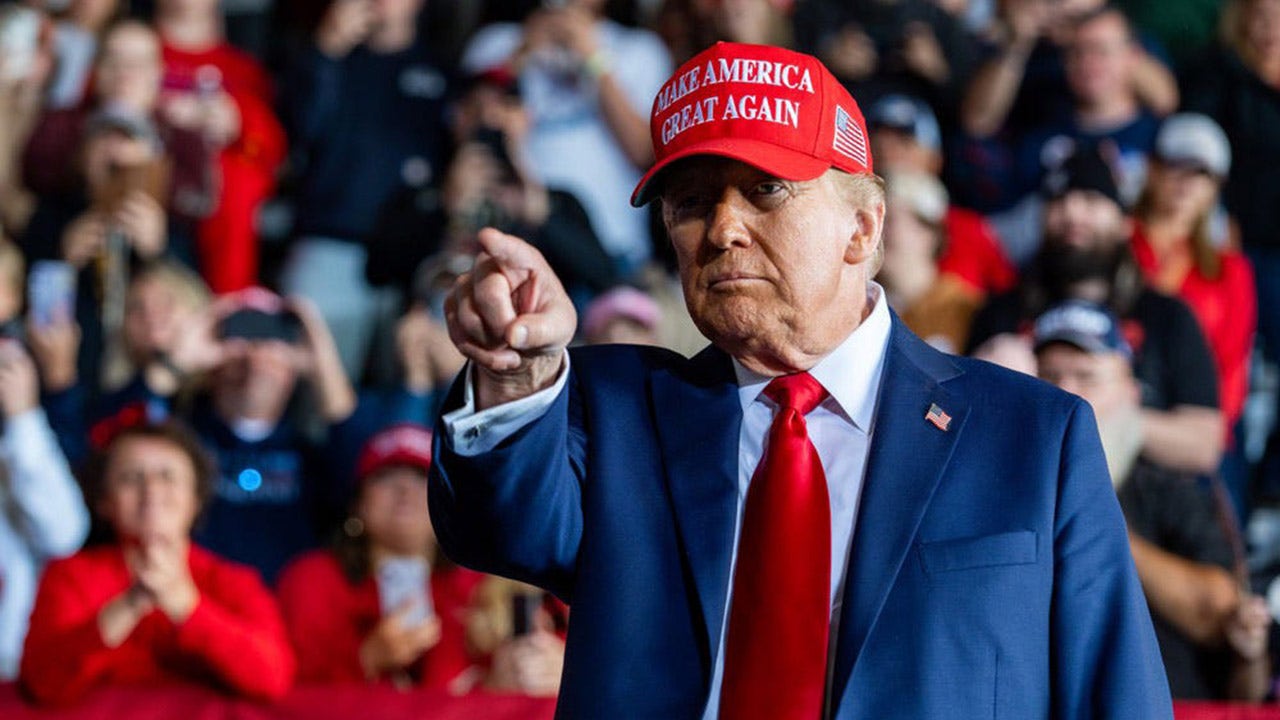Germany braces under collapsing government and looming Trump trade war

With the re-election of former President Donald Trump and the collapse of the coalition government in Germany, both countries are facing uncertain times both economically and politically. Trump’s campaign promise to increase import tariffs on all countries under the \”Trump Reciprocal Trade Act\” has raised concerns about potential trade wars and rising costs worldwide.
Trump’s proposed tariffs would match the taxes enforced by each corresponding country, leading to potential economic repercussions. Some experts warn that these tariff increases could result in higher costs for companies importing goods, ultimately leading to inflation. Germany, in particular, is estimated to lose approximately $127 billion over the next four years due to these tariffs.
The European Union has also been targeted by Trump, who referred to the bloc as a \”mini China\” and threatened to impose tariffs on EU imports. This could further strain relations between the EU and the U.S., especially as the EU tries to navigate a world where the U.S. president may not support the traditional international order.
Adding to Germany’s challenges, Chancellor Olaf Scholz is facing a vote of no confidence in January after firing his Finance Minister and the collapse of his coalition government. This could lead to new elections in February, further adding to the uncertainty in Germany.
German opposition leader Friedrich Merz has expressed interest in cutting a deal with Trump, emphasizing the need for Germany to articulate and enforce its interests better. Merz believes that both sides should benefit from any agreements made, echoing Trump’s approach to negotiations.
As Germany and the U.S. navigate these uncertain times, the potential for trade wars and political instability looms large. It remains to be seen how both countries will address these challenges and work towards a mutually beneficial resolution.




